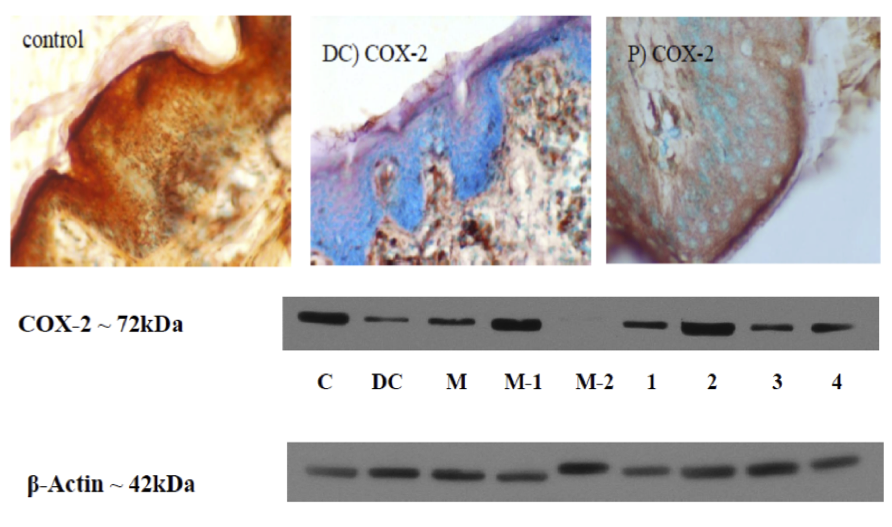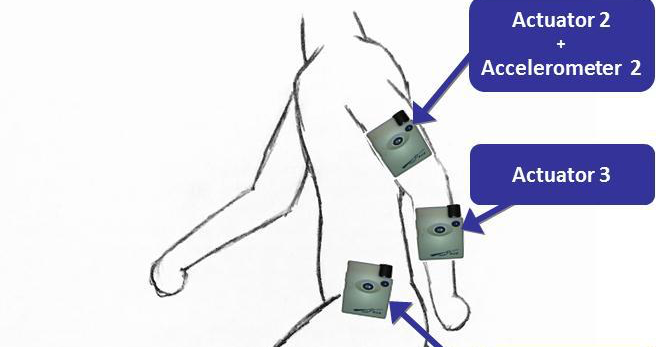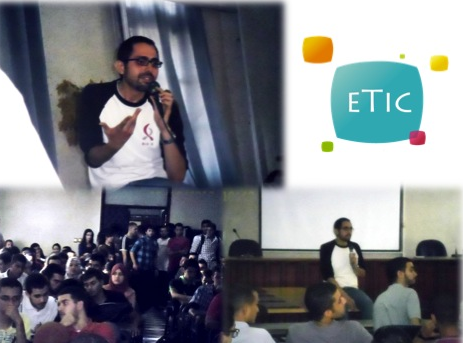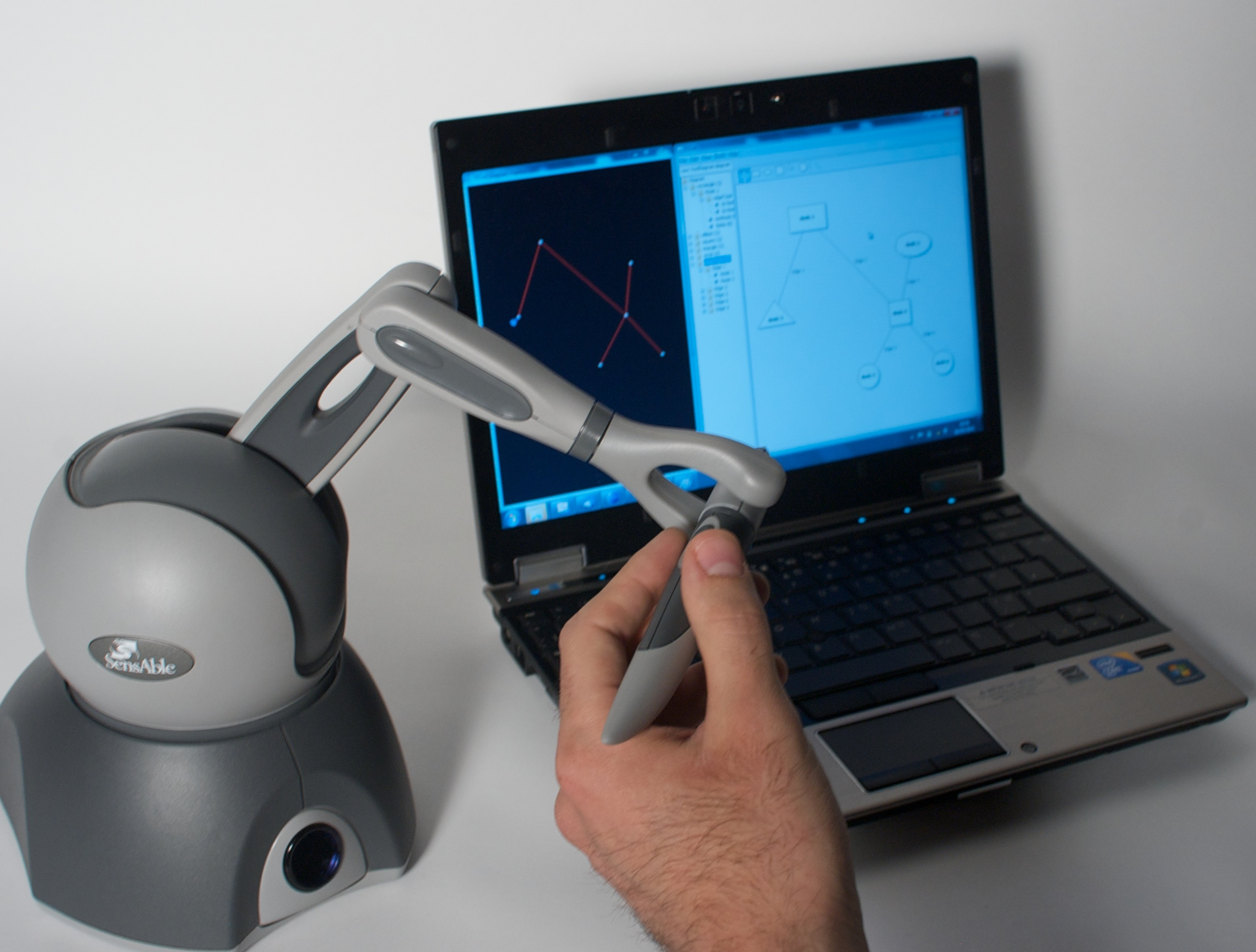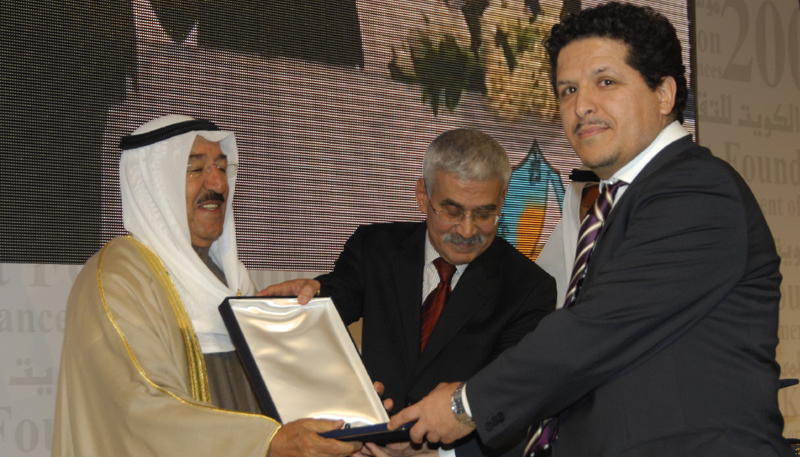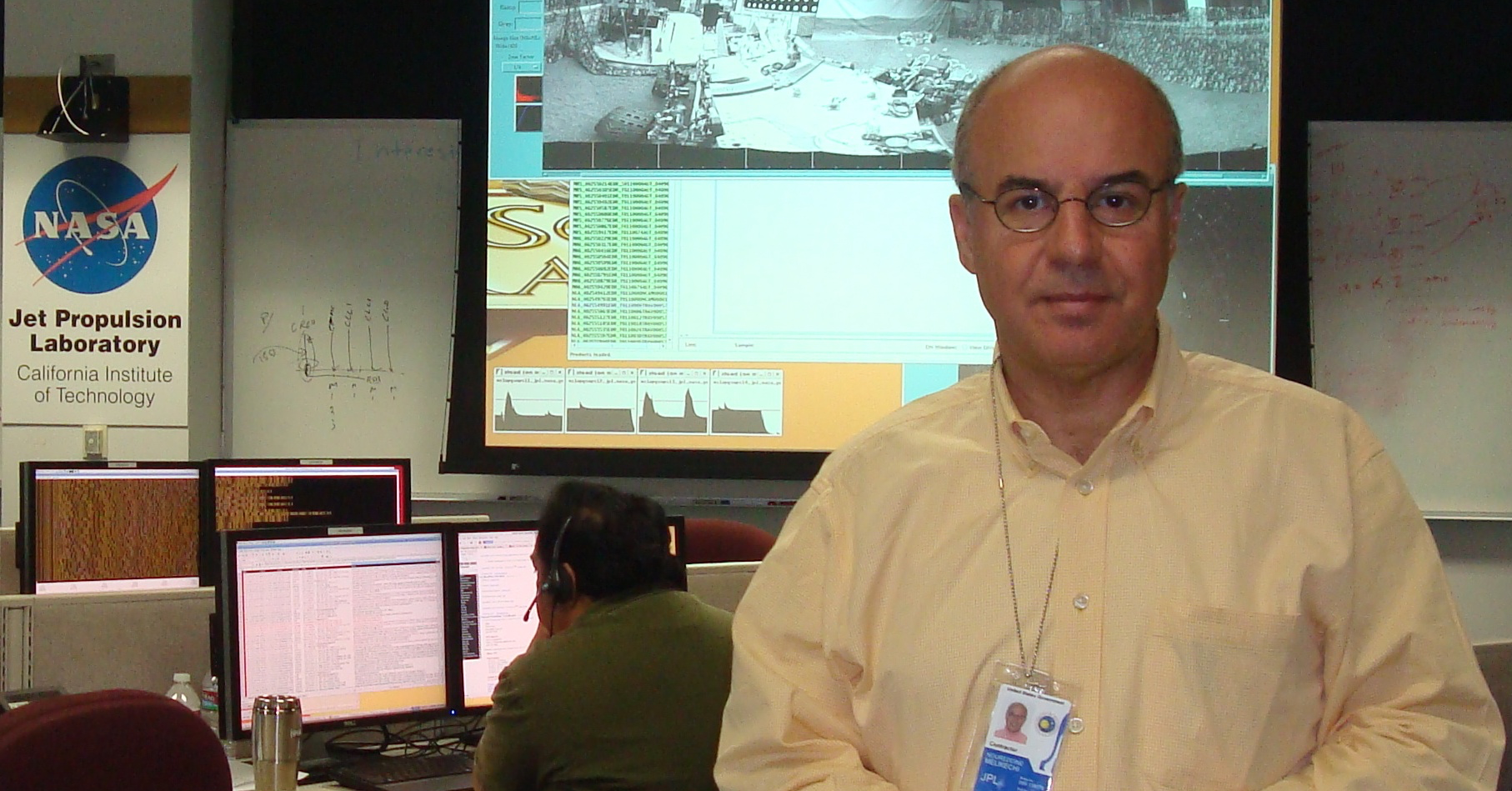Editorial | The Algerian Paper of the Year 2013 Awards: winners annoucements
anasr.org launched the first edition of the Algerian Paper of the Year Awards in January 2013 to recognise and celebrate scientific publications produced by Algerian scientists and researchers across five disciplines: Biological Sciences, Chemical Sciences, Computer Science & Engineering, Medicine Pharmacy & Veterinary Science, and Physical Science & Mathematics.
The call for nominations received an impressive 160 submissions across the five disciplines, which underwent a rigorous shortlisting and peer-reviewing process. anasr.org‘s Awards Committee recruited a total of 19 researchers for the shortlisting and a panel of 25 international experts for the reviewing process. Read More
Thesis | Topical delivery and effects of Harpagophytum procumbens
Research field(s): Topical and transdermal drug delivery, medicinal chemistry of natural products, drug design, inflammation, microbiology, pharmacology and cytochemistry.
Thesis title: Topical delivery and effects of Harpagophytum procumbens.
Degree: PhD
Supervisor: Dr Charles M Heard Read More
Feature | Mobile telecoms market in Algeria: the untapped potential of 3G
The introduction of mobile communications in Algeria had a tremendous impact on its economy and its society. The deregulations of the telecommunication market at the beginning of the 21st century enabled a large proportion of the population to be finally connected to the global telecommunication network, and by the end of 2011, there were over 35 million mobile subscribers, compared to only 5 million in 2004 – a seven-fold increase. The anticipated launch of the 3G high-speed network during 2013 could have an even more far-reaching impact, as it will open up access to the Internet for anyone with a sufficiently capable mobile phone.
Thesis | Development of a wireless distributed neurostimulator for people with hemiplegia
Research fields: biomedical signal processing and control, functional electrical stimulation, wireless body-centric networks, wireless control
Thesis title: Development of a wireless distributed three-channel stimulator system used for automated triggering of stimulation to enable coordinated task execution in stroke patients
Degree: PhD.
Supervisors: Prof. Ian Swain, Dr Jon Cobb Read More
Event Report | ETIC one day conference on enterpreneurship in Algeria
ETIC is a student club that was established in 2009 in ESI (École Nationale Supérieure d’Informatique). We are a group of young ambitious students and we created ETIC to help transform ESI student’s life from a tedious routine into a more fulfilling experience and to promote knowledge sharing and create a space for exchange and reflection. Read More
Editorial | The Algerian Paper of the Year Awards, 2013 edition
Producing scientific work that pushes the boundaries of science is an intensive process that requires rigorous planning, hard work, commitment and creativity as well as a scientific culture that supports these efforts. Recognising and celebrating contributions that advance scientific knowledge are therefore essential to nurturing and maintaining successful research environments. Read More
Feature | Can you hear that diagram?
What does a diagram sound like? What does the shape of a sound feel like? At first sight, listening to diagrams and feeling sounds might sound like nonsense, but for people who are visually impaired it is a practical issue. Even if you can’t see them, you can still listen to words, after all. Spoken books were originally intended for partially-sighted people, before we all realised how useful they were. Screen readers similarly read out the words on a computer screen making the web and other programs accessible. Blind people can also use touch to read, which is essentially all Braille is, replacing letters with raised patterns you can feel. Read More
Interview | Dr. Habib Zaidi, from anatomical to molecular imaging technology
Dr. Habib Zaidi is Chief Physicist and Head of the Positron Emissions Tomography (PET) Instrumentation & Neuroimaging Laboratory at Geneva University Hospital. He is also a Professor of Medical Physics at the University Medical Center of Groningen (the Netherlands) and visiting Professor at École Nationale Supérieure d’Electronique et de ses Applications (ENSEA, France). Dr. Zaidi is actively involved in developing imaging solutions for cutting-edge interdisciplinary biomedical research and clinical diagnosis. His academic accomplishments in the area of quantitative PET imaging have been well recognized through many awards and distinctions most notably the prestigious 2010 Kuwait Prize of Applied Sciences (also known as the Middle Eastern Nobel Prize) awarded by the Kuwait Foundation for the Advancement of Sciences (KFAS), which he received for outstanding accomplishments in Biomedical Technology. Read More
Interview | Prof. Noureddine Melikechi on the NASA’s Curiosity Mars rover mission
Dr. Noureddine Melikechi, Professor of Physics, Dean of the College of Mathematics Natural Sciences and Technology at Delaware State University (DSU) and the founding director of the first Applied Optics Center of Delaware at the same university, speaks to Inspire Magazine about his involvement with NASA’s Curiosity Rover Mars mission, his research and thoughts on science strategy, innovation and culture. Read More
Feature | Going beyond infrastructure gaps to improve trade competitiveness in Sub-Saharan Africa
In 2006, I was requested to contribute to an analysis of the impact of transportation costs on trade competitiveness in Sub-Saharan Africa (SSA). Back then, I was working as an intern in the World Bank (WB) Africa Transport Unit with Gaël Raballand, a senior WB economist, to conduct a cost/benefit analysis (CBA) of a US$ 200 million regional transport project in Central Africa (Cameroon, Central African Republic and Chad). The project included investments in road and rail infrastructure, in border posts, and few innovative soft components to facilitate trade movements in the region (1). Six years later, the project is still on and has been extended three times to reach a total approved financing of more than half a billion dollars to date.
